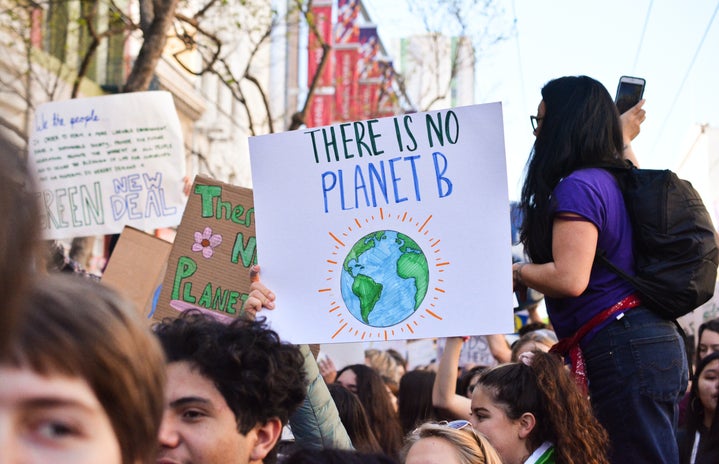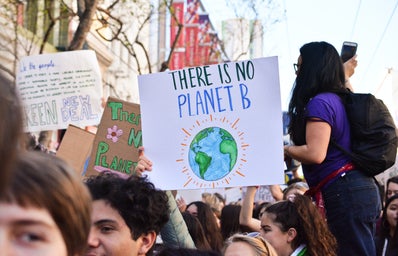It is no news that the Earth is calling for help. Although there may still be negationists, climate change is real.
Maybe, when we think about this environmental issue, we feel paralyzed. It is no secret that the major responsible ones for pollution are the industries. So, as mere individuals, there’s nothing we can do to help, right? Wrong.
The environment is a global issue. If we intend to make a difference and change the problematic circumstances we are currently living, everybody needs to make a move, even if it is small.
We all already know we should replace disposable plastic bags by Eco bags and take a walk instead of driving whenever it is possible. In this article, we bring five unexpected ways of helping the environment. Check them out!
1. REMOVe THE STRAPS BEFORE DISCARDING YOUR MASK
You may have seen images of sea animals that died twined in plastic bags. But did you know the straps of discarded masks (those we use to prevent from COVID-19) may twine around these species and cause their death as well? Good news is, there’s a simple way to avoid that: before discarding your mask, cut off its stripes. This will only take seconds and will prevent animals from dying.
2. USe REUSABLE MAKEUP REMOVER TOWELS
Have you ever thought about how much waste you produce when you take off your makeup? If you use cotton disks or disposable makeup remover towels, that means a lot of avoidable waste. Try using reusable makeup remover towels instead. They look like a regular hand towel, except they are made to remove makeup and don’t require any remover, only water. And it gets better: after using it, you can wash it and reuse it up to months.
3. WAIT UNTIL THE DISHWASHER IS FULL BEFORE TURNING IT ON
The same goes for the laundry machine. These home appliances use a lot of water in order to work, no matter if they are full or not. So if you turn them on to wash a pair of pants or a couple mugs, it will use as much water as if you waited until there’s more laundry or dishes to wash. Try limiting your laundry machine use to weekends, and wait until there are almost no dishes left to turn your dishwasher on.
4. BUY SECOND-HAND
One single pair of jeans requires thousands – that’s right: THOUSANDS – of liters of water to be made. Cloth industry uses a lot of water. So, every time you buy new clothes, you are contributing to these waste of resources. Instead, you should consider buying second-handed clothes – and even donating yours when you no longer want them! And, when buying second-hand isn’t an option, at least try buying clothes that will last longer, so you don’t have to discard them after only one year. Look for resistant fabrics and timeless models.
5. ENJOY EVERY BITE OF YOUR MEAL
In Brazil, 40% of the food is wasted. In the world, that number is around 17%. Meanwhile, many people around the globe are hungry. Not to mention all the resources utilized in order to produce the food that ends up in the trashcan. Spend some time planning your week meals before going to the market, and, next time you go grocery shopping, buy only what you know you will consume. The same goes for your meals: put on your plate only what you are sure you will be able to eat – and have a second round, if needed. If there are leftovers, try freezing, eating them in another meal or even cooking something else with them.
These tips may seem small, but, if everyone does a little, we can go a long way.




